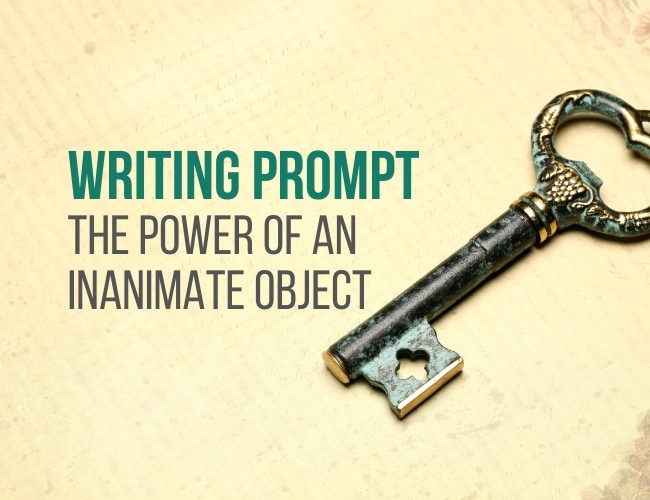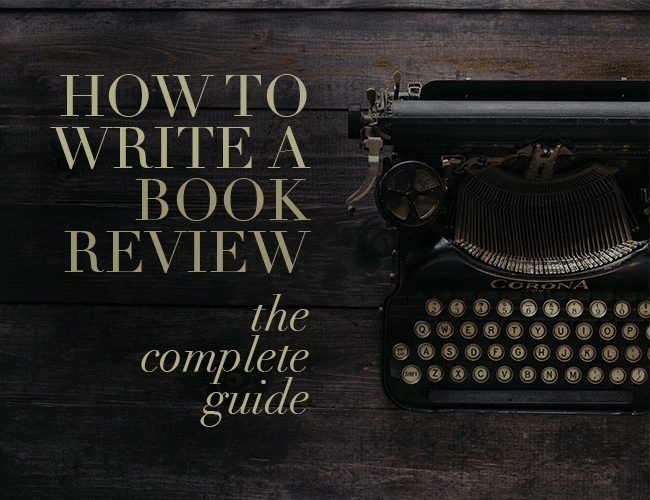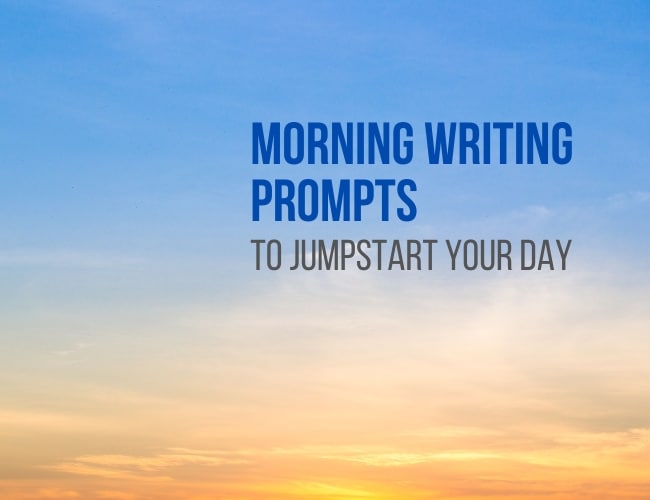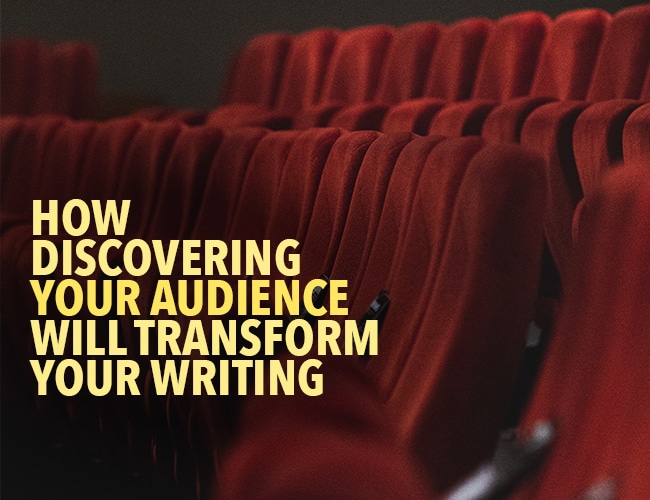
by Pamela Fernuik and Sue Weems |
Master storytellers often use allusion to add richness or depth and to let readers make deeper connections to a story. Let’s look at a definition, some allusion examples, and how to use allusion in your own writing.

by Joe Bunting and Sue Weems |
Write from the point of view of an inanimate object.

by Sue Weems |
You finally reach the last page of a book that kept you up all night and close it with the afterglow of satisfaction and a tinge of regret that it’s over. If you enjoyed the book enough to stay up reading it way past your bedtime, consider writing a review. It is one of the best gifts you can give an author.
But as you face the five shaded stars and empty box, a blank mind strikes. What do I say? I mean, is this a book really deserving of five stars? How did it compare to Dostoevsky or Dickens?
Maybe there’s an easier way to write a book review.

by Joe Bunting and Sue Weems |
Julia Cameron’s classic book The Artist’s Way challenges writers to tackle morning pages each day as a way to clear the mind and set the day’s intention. Today we have a few morning writing prompts to kickstart your morning journal time or writing any time of day.

by Sue Weems |
Who are you writing for? Who is your audience in your writing? If you’re not sure, you’re not alone—and discovering your audience will do wonders for your writing.







